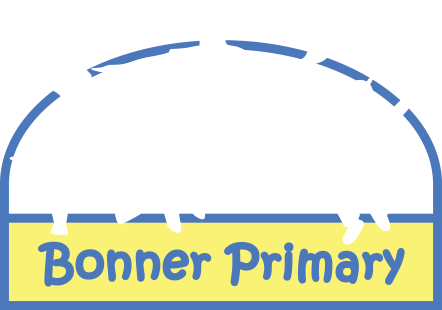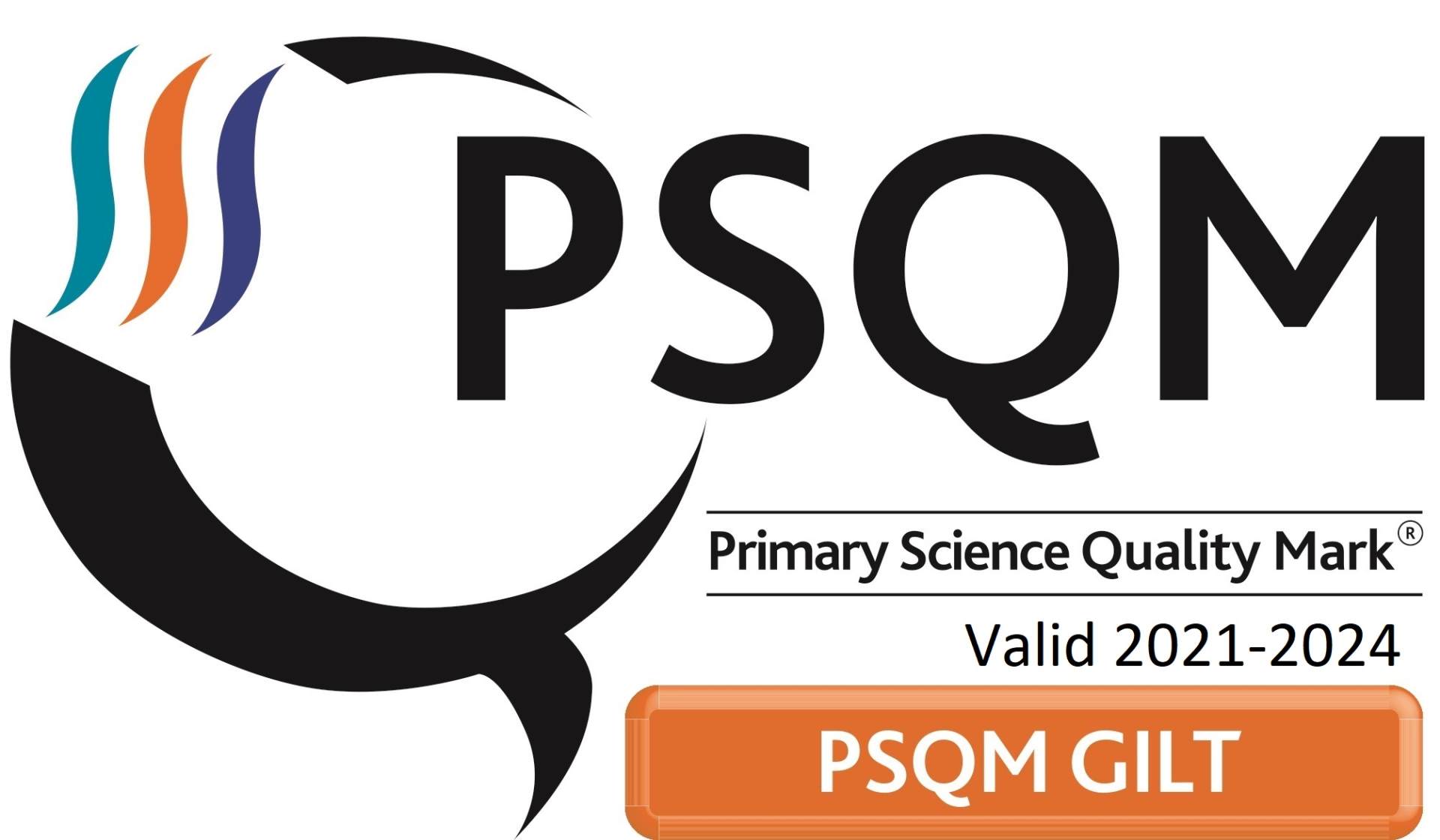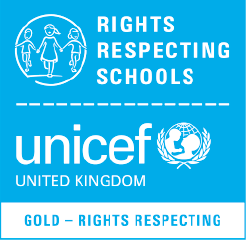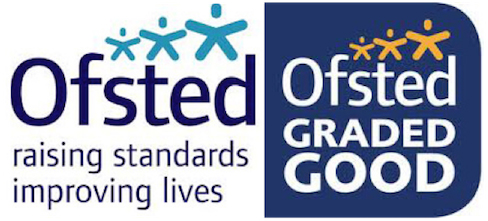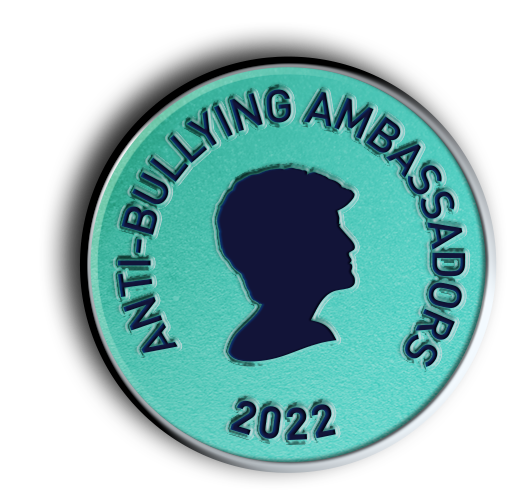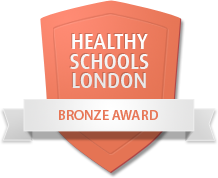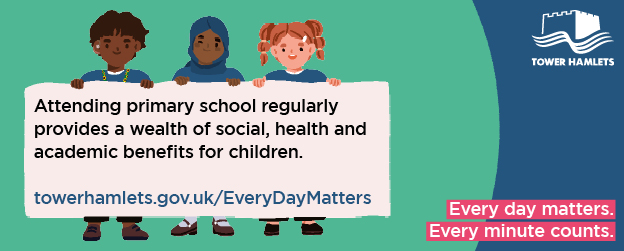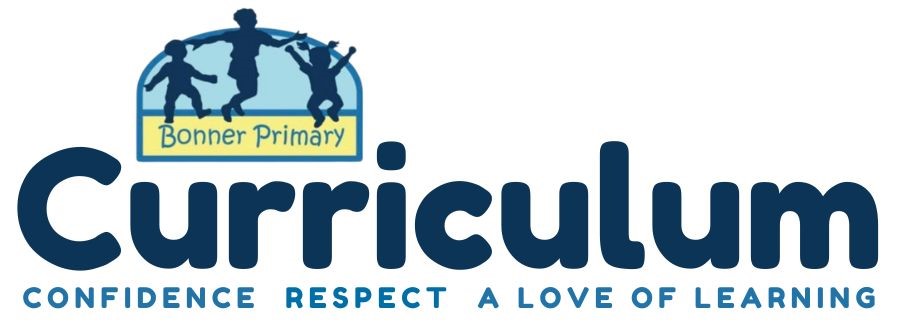
Intent
1. How does our curriculum encompass our overarching school vision?
At Bonner Primary School, our curriculum is carefully designed to align with our broader school vision of fostering confidence, respect, and a love of learning. We strive to create a learning environment that champions these core values while preparing our students for the challenges of tomorrow. Our commitment to being a UNICEF Rights Respecting School is embedded throughout our curriculum, ensuring that we uphold the principles of children's rights in every area of school life. This is how our curriculum promotes our overarching school vision:

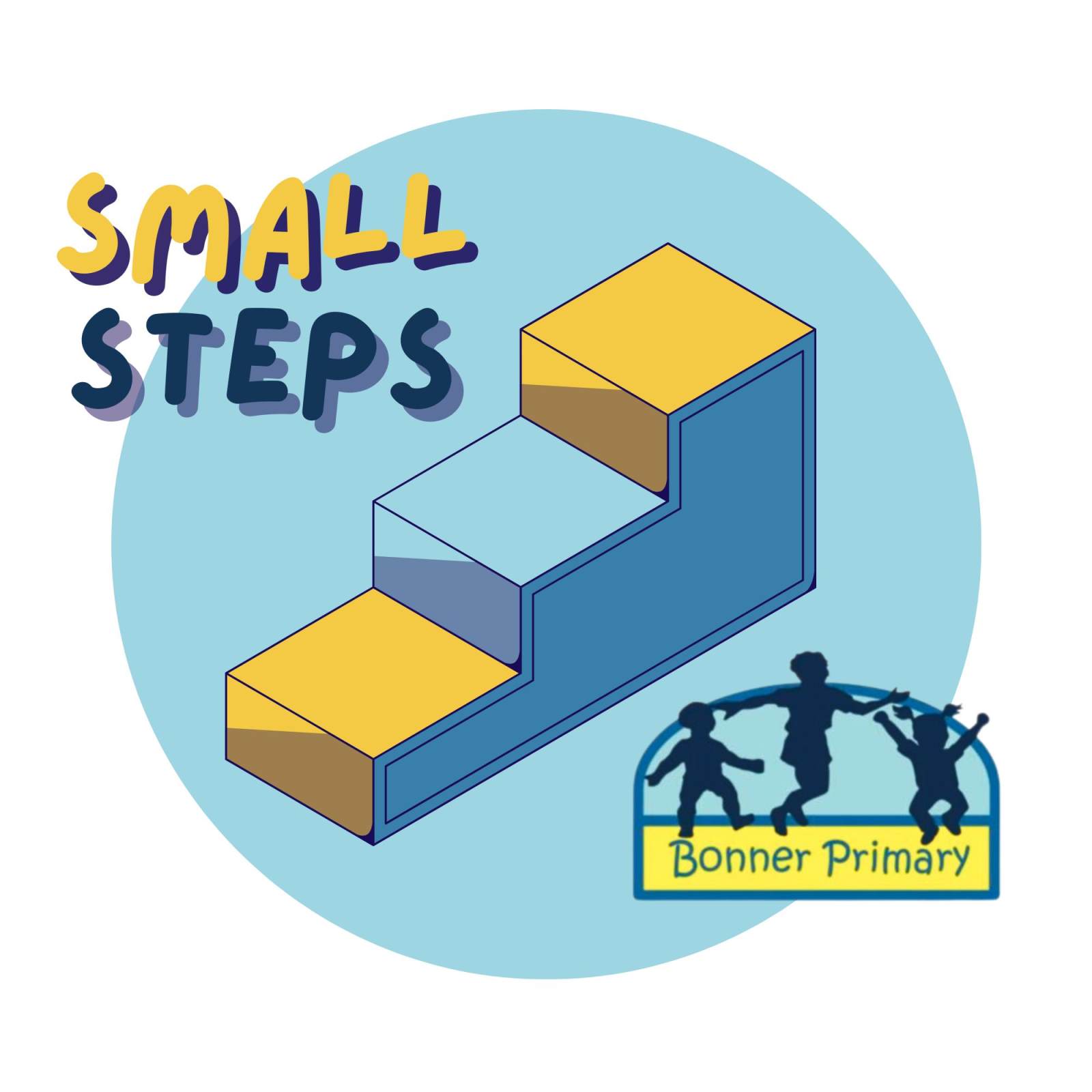 We offer a broad and balanced curriculum that is inclusive and diverse, with high expectations for all pupils, and we make necessary adaptations to meet the unique needs of every child. To ensure continuity and progression, our curriculum is strategically mapped out using bespoke skills progression grids and Bonner Small Steps documents that outline our progression of vocabulary and knowledge.
We offer a broad and balanced curriculum that is inclusive and diverse, with high expectations for all pupils, and we make necessary adaptations to meet the unique needs of every child. To ensure continuity and progression, our curriculum is strategically mapped out using bespoke skills progression grids and Bonner Small Steps documents that outline our progression of vocabulary and knowledge.
These resources outline the development of key vocabulary and knowledge from Nursery through to Year 6, in alignment with the Development Matters framework. Every topic is designed around clear endpoints, framed as enquiry questions, which spark curiosity and nurture a lifelong love of learning.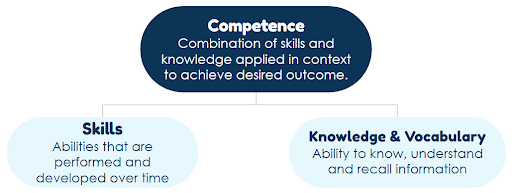
2. How does our curriculum exceed the standards set by the National Curriculum?
Our curriculum goes beyond meeting the requirements of the National Curriculum, providing a stimulating educational experience that exceeds expectations. Enrichment opportunities, including educational visits, workshops with external agencies, and partnerships, are strategically integrated to deepen students’ learning. We also offer themed days and pupil leadership opportunities through programmes such as Change Makers, Ambassadors and Digital Leaders further supporting personal growth and leadership.
At Bonner, we understand that creativity is a core competency, and our pedagogy reflects this by integrating creative approaches to learning across all subjects. We aim to instil a sense of curiosity, passion, and ownership over learning, preparing pupils to thrive in a rapidly changing world.

Implementation
Early Reading
Early reading is delivered through the Read Write Inc. Phonics Scheme, a synthetic phonics programme that ensures early success in reading, writing and spelling. Please visit our phonics page for more details.
Guided Reading
In Years 2 to 6, daily Guided Reading is a key feature of our literacy provision. We use a sequenced progression of reading skills and the VIPERS questioning approach to help children deepen their comprehension. VIPERS stands for Vocabulary, Inference, Prediction, Explanation, Retrieval, and Summary. This approach allows students to engage with high-quality texts while practising the skills necessary to become proficient readers. Please see our reading page for further information.
Writing
Writing is taught daily through our English lessons and is thematically linked to high-quality texts. This ensures that our pupils are exposed to a variety of genres and writing styles, which helps them develop both technical writing skills and creativity. For more information on our approach to writing, visit our writing page.
Foundation Subjects
All foundation subjects are taught discretely, ensuring the integrity of their disciplinary knowledge and skills. In some cases, we use a cross-curricular approach to enrich learning where appropriate. Our curriculum is supported by skills progression maps to ensure clear progression across all subjects. We have also created bespoke Small Steps documents that outline key knowledge and vocabulary pupils should acquire, with clear endpoints designed to ensure long-term retention.
Impact
We measure the impact of our curriculum through various methods, ensuring we capture both the depth and breadth of our pupils' progress.
End of Key Stage Outcomes
Our rigorous curriculum design ensures that pupils consistently achieve outcomes that we are very proud of here at Bonner. This demonstrates the success of our approach in equipping students with the knowledge and skills necessary for future success.

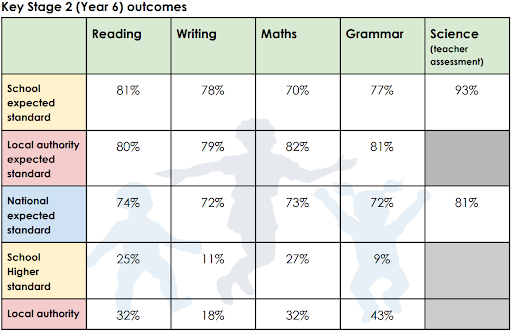
Formative and Summative Tracking
Through ongoing formative assessments and summative assessments at key points throughout the year, we continuously track student progress. This allows us to adapt our teaching strategies to meet the evolving needs of each pupil.
High-Quality Pupil Outcomes
We aim for high-quality pupil outcomes in all subjects. These outcomes ensure that students are not only prepared for the next stage of their educational journey but also well-equipped to contribute positively to society.
Pupil and Parent Voice
We value the input of both pupils and parents in evaluating the effectiveness of our curriculum. Regular feedback ensures that we remain responsive to the needs and expectations of our school community.
Measuring Outcomes in Pupil Books
We regularly review pupils' workbooks to track progress, providing clear evidence of their growing knowledge and understanding across the curriculum.
External Views
We actively engage with external school improvement officers, collaborate in peer reviews with local schools and participate in moderation processes to gain external feedback on our curriculum. This ensures a robust, well-rounded assessment of our curriculum's impact.
By combining these methods of evaluation, we ensure that the impact of our curriculum is consistently high and that every child at Bonner Primary School receives the best possible education.

